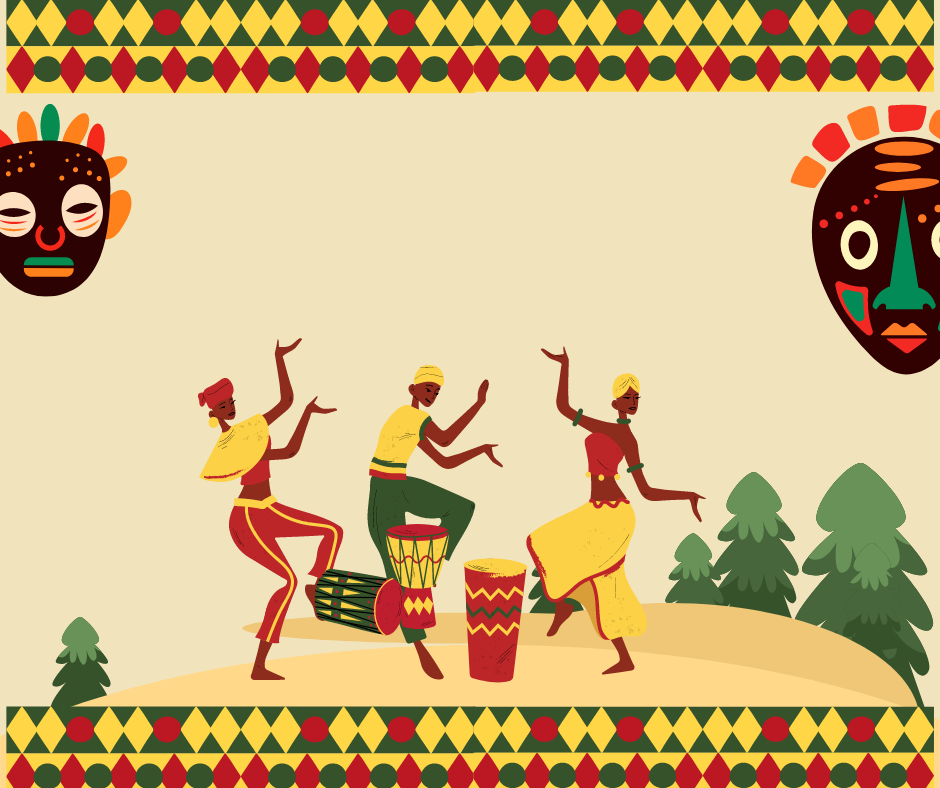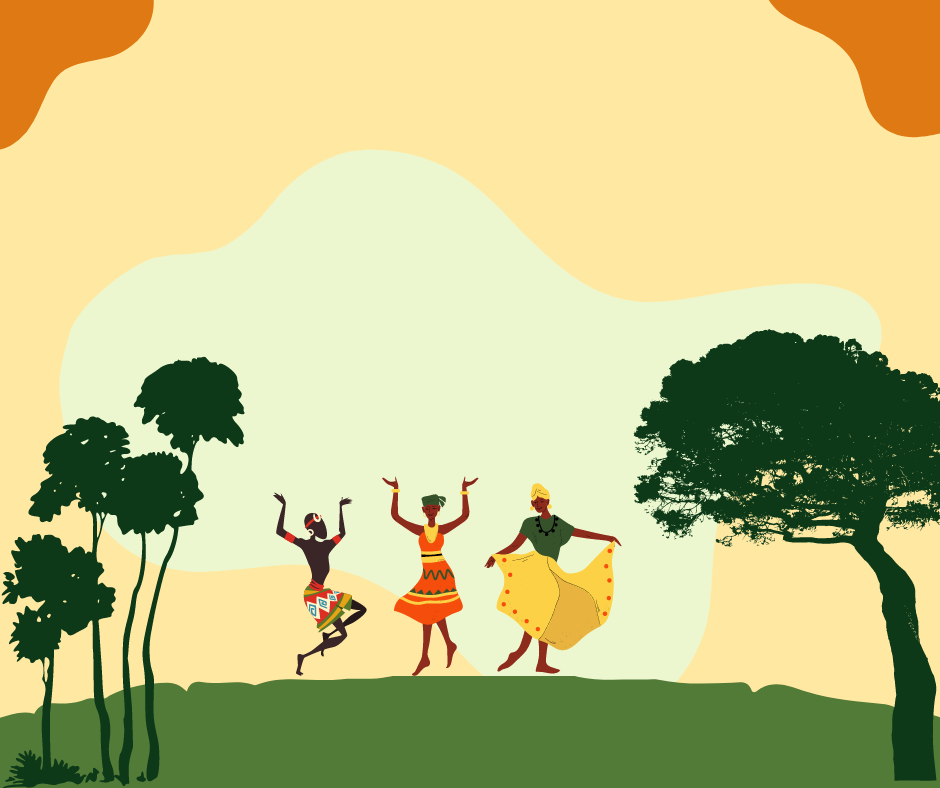Hello 👋🏿
Rites of passage among African communities are critical to individual and community development. They mark the passing from one phase of life to the next.
In this episode, I will share:
✅ A journey into manhood among the Transkei of South Africa.
✅ The Iria ritual in Nigeria.
We will publish more initiation rituals and practice stories on the Lughayangu platform. Signup and enjoy reading.
Do you have a story you would want to share? Submit a story for us to share in the future newsletter.
The Khweta Circumcision Ceremony of the Transkei

Among the Transkei community of South Africa, for young boys to transition into manhood, they undergo an initiation ceremony known as khweta. The process is very critical to the young lads, for, without it, one risks the chance of getting a wife.
During the ceremony, the boys of various ages stay in seclusion in a circumcision lodge. They are put under the supervision of a housemaster, always an elder. There, they undergo various severe tests that stretch their endurance limits.
The foreskin is cut using a knife, which might sometimes lead to infections because of the unhygienic conditions. There is also the risk of botched operations and dehydration or maltreatment by initiation leaders.
The tests can sometimes be so extreme, resulting in the death of some of them. However, in recent times, the tests are not as terrible as they used to be.
Once the seclusion period is over, the young men wear white sheepskin, believed to ward off evil spirits and paint their bodies with white sandstone.
They then perform special dances to neighbouring huts, drumming their heels on the ground, flexing their muscles, and proudly showing their dancing skills.
They do this masked, and females stay away as no boy is allowed to come close to them before completing the ceremony.
The ceremony happens during spring. On completion, all items, including the hut they dwelt, are burnt. They then head to the river for a cleansing bath while being flogged, and under no circumstance must they look back.
The white paint is washed off, and red clay is smeared on their bodies. They must wear it for three months before washing it off. Subsequently, they are regarded as men and are free to get married.
Iria Ritual

The tribes of the Niger Delta practice the Iria, a ritual ceremony that initiates young girls into adulthood. The participating girls are between the ages of 14 and 16.
This ritual is not only a symbol of coming of age but also a ceremony girls must undergo to be able to marry and have children of their own.
The ceremony happens in four stages; the pre-Oboko stage, the fattening room stage, the Oboko proper and the post-Oboko.
The first stage involves the girls dressing in a traditional one-piece wrapper from their waists to the base of their knees. In certain places, they stand bare-breast for the crowd to examine them to see that their virginity is intact.
In the second stage, the girls visit the fattening room where they are fed nutritious foods like pounded yam mixed with pounded plantain. This step is Vital as the girls are assumed to be fit to be engaged by a suitor and possibly be married. They are not allowed to engage in any duties. Their movement is limited to ensure they gain the necessary weight.
During this period, they are not to be seen by the rest of the community, especially boys. Experienced women in the community teach them how to relate with the public and care for themselves, their intended spouse and family.
On the last day, all the girls gather at the river and sing their songs together. The water spirits supposedly come and capture the girls on this day.
The next stage of the ritual involves removing the water spirits from the girls. The Osokolo, a masked man representing an ancestral spirit, hits them with a stick to remove the river spirits from their bodies.
In the fourth and final stage, the girls are released from confinement and welcomed back to the community with songs and dance, dressed in ceremonious attires and decorated elegantly from head to toe with beads.
Special Mentions
📌 How Fulani boys progress to manhood in a test of endurance by the sting of a whip. - National Geographic
📌 Becoming a Man among the Borana.-Slice
PROVERB OF THE WEEK
Meing’ua oloitiko isirat lenyena(Maasai)
Translation: A zebra takes its stripes wherever it goes.
Meaning: You can never leave/forget your culture.
Join the Lughayangu Community!

